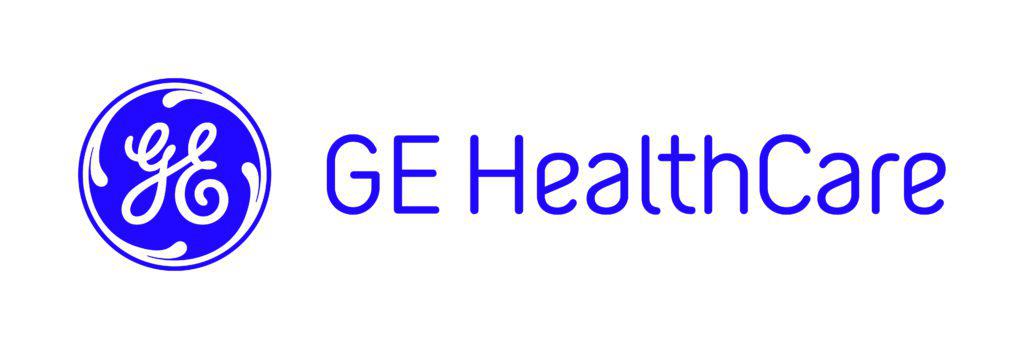
After Kimberly Reinika’s mother passed away in 2019 from ovarian cancer, she worried that it would ultimately take her life, too. “That was the cancer I was checking for,” she said. But just a year after her mother’s death, breast cancer became Kimberly’s biggest concern. After feeling a lump in her right breast, she scheduled a mammogram.
“When the doctor said they needed to schedule a needle biopsy, I knew something was wrong,” Kimberly said. “But I didn’t panic.” The biopsy results showed Kimberly had either stage 2 or stage 3 breast cancer, depending on the results of a bone and CT scan.
Despite the news she had breast cancer, Kimberly remained calm, thanks in part to her 20 years of volunteering with Susan G. Komen. “I’ve met so many amazing people through Komen who have survived breast cancer, so I really thought I was going to be okay,” she said. “I was not overly concerned. My breast surgeon determined a treatment plan: radiation therapy, surgery, reconstruction and chemotherapy.”
Kimberly was also qualified to take part in a diagnostic study through the hospital prior to beginning treatment. “It was not part of my treatment plan, but I thought why not?” Kimberly said. “I agreed. I thought I was doing them a favor.”
For the study, Kimberly received an injection of a precision imaging agent, called Cerianna™, before a PET scan to see if the breast cancer had spread. Cerianna is a whole-body diagnostic tool that helps doctors identify whether metastatic breast cancer lesions are estrogen receptor-positive (ER+). These types of tumors tend to respond well to hormone therapy, so this tool may help determine a treatment plan.
Kimberly’s results stunned everyone. It showed estrogen receptor-positive breast cancer in her bones. “My surgeon called and said I would be moved over to an oncologist. From there, I had the bone and CT scan and a bone biopsy to confirm what the Cerianna found,” Kimberly explained. “It turned out I had stage 4, also known as metastatic breast cancer.”
Kimberly’s original treatment plan, developed just days before, was no longer viable, and her upbeat, positive attitude took a hit. “The diagnosis of metastatic breast cancer was devastating. It’s a totally different world and not many people understand what it is,” she said. “The first couple of months, I thought of it as a death sentence. In my mind, I thought I had five years.”
But there was a glimmer of good news. In part, because Cerianna showed Kimberly’s doctors where her cancer had spread in her body, they could use that information to develop a personalized treatment plan for her, which includes a hormone blocker and infusions for her bones. “I no longer had to do chemotherapy or radiation therapy,” she said. “While I didn’t have to have a mastectomy, either, I did have my ovaries removed.” Kimberly is grateful that her treatment has spared her some of the more difficult side effects often experienced during treatment for breast cancer.
“I have side effects, aches and pains, but is it just getting older? Or is it related to the breast cancer?” she said. “Right now my side effects are manageable. I don’t look like I have stage 4 breast cancer.” Kimberly stays active through Pilates and an adult jazz class, and she continues to work, in part because she’s worried about losing her health insurance. “One of the drugs I take is $12,000 a month, and I worry about that. What do people without insurance do?”
Kimberly has found support, advice and community from the people she’s met while volunteering for Komen. “I didn’t expect to be a part of this community as someone with breast cancer, but it’s really been helpful,” she said. “And I feel very lucky I was asked to be a part of that diagnostic study. Who knows when we would have discovered I was stage 4? Would I have already started chemo or radiation? I just don’t know.”
What Kimberly does know is that life is what she makes of it, so she’s found a way to stay upbeat and hopeful, even on the tough days. “I stay positive and I try to find joy in life,” she said.
Learn more about how GE HealthCare is empowering the metastatic breast cancer community.
Statements and opinions expressed are that of the individual and do not express the views or opinions of Susan G. Komen. This information is being provided for educational purposes only and is not to be construed as medical advice. Persons with breast cancer should consult their healthcare provider with specific questions or concerns about their treatment.




